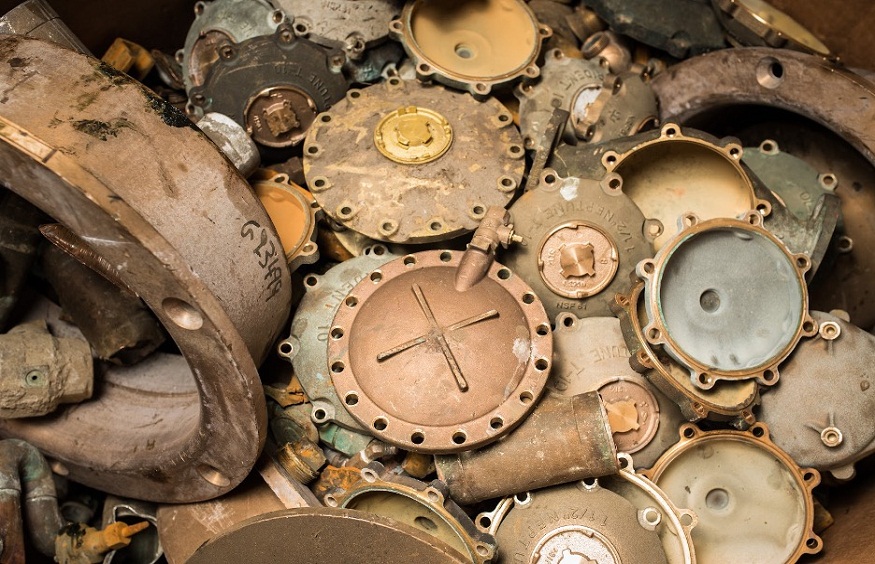
The circular economy is becoming more and more popular as a viable substitute for the conventional linear economy, which uses, discards, and replenishes resources. Materials are used as long as feasible in a circular economy, which also minimises waste and resource consumption. Through the collection, processing, and reintroduction of base metals into the manufacturing cycle, base metal recyclers are essential to this paradigm. This article examines the advantages base metal recyclers offer to the economy and the environment, as well as their crucial role in the circular economy.
1. Preservation of Resources
Base metal recyclers maintain the flow of precious materials, which helps conserve resources. Recyclers gather scrap metal from a variety of sources, such as production waste, demolition debris, and end-of-life items, as an alternative to only extracting virgin ore. Recyclers lessen the need for fresh mining and the depletion of limited natural resources by recycling basic metals like copper, aluminium, and steel.
2. Reduction of Waste
Because base metal recyclers keep scrap metal out of landfills, they contribute significantly to waste reduction. Metal recycling prevents valuable resources from being lost to disposal and lessens the load on waste management systems. By reusing scrap metal, recyclers help the circular economy achieve its objectives of reducing waste production and boosting resource efficiency.
3. Reduction of Energy and Emissions
When base metals are recycled instead of being produced from virgin ore, a substantial amount of energy is saved. Recycling aluminium, for instance, may save up to 95% of the energy used in initial manufacture, whilst recycling steel can save about 60%. Base metal recyclers lessen the environmental effect of metal production and greenhouse gas emissions by employing recovered metals rather than creating them from scratch.
4. Circular Supply Chains
Base metal recyclers establish circular supply chains by reintroducing recovered metals into the production process. They close the loop by using recycled metals to create new goods, which lowers the need for virgin resources. By guaranteeing that resources are reused and repurposed rather than thrown away after use, they encourage sustainable patterns of production and consumption.
5. Economical Gains
Recycling base metals boosts the economy and creates jobs. The recycling sector offers employment possibilities in collecting, sorting, processing, and refining processes. Furthermore, the value of recycled metals helps companies, from producers to end users, in the supply chain and brings in money for recyclers. Investing in technology and infrastructure for base metal recycling allows nations to advance sustainability and economic growth.
6. Creativity and Cooperation
Base metal recyclers innovate and work together to promote the circular economy. In order to enhance recycling procedures, raise metal recovery rates, and create new uses for recovered metals, they make research and development investments. Promoting the adoption of circular methods across industries and developing supporting legislative frameworks need cooperation between producers, recyclers, and legislators.
Conclusion
Base metal recyclers are vital to the circular economy because they minimise environmental impact, cut waste, and save resources. Thanks to their efforts, important metals like steel, copper, and aluminium are kept in circulation, supporting economic growth and sustainable development. As the world shifts to a more circular model of production and consumption, base metal recyclers will play a more crucial role in building a more resource-efficient and resilient future.

